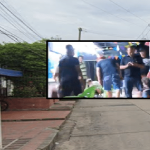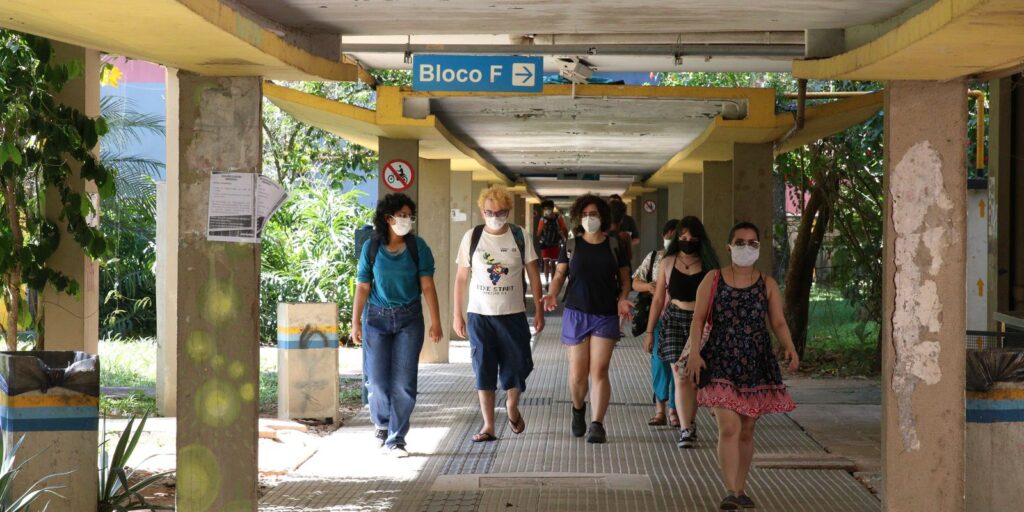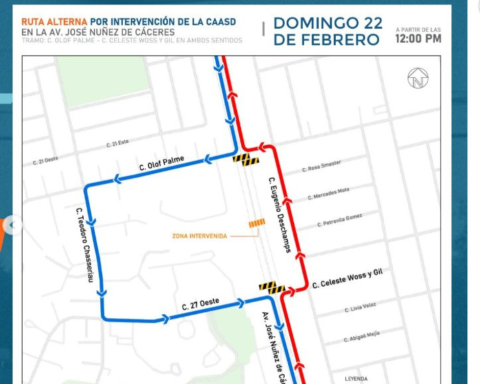
During the day this Wednesday, the National Emergency Office of the Ministry of the Interior (Onemi), delivered the balance regarding the total amount of water that fell in the Metropolitan region after the intense rainfall that lasted for much of the day. The agency considered the time spectrum between 8:00 p.m. and 4:00 a.m. this Wednesday, where, in Quinta Normal, an average of 27.4 millimeters fell.
In the Tobalaba sector, close to the foothills, the record was 34.8 millimeters, while in Colina, it was 8mm. In Curacaví, 22mm of rain fell, while in Lampa, 20mm were recorded.
One of the points that attracted the most attention was in the foothills to the southeast, in the area that feeds the Maipo River. In San José de Guayacán, there were 36mm, while in San José de Maipo, where snow also fell, it caused 60mm of rain.
Among the communes most affected by Onemi is Lo Cañas, in the direction of the foothills of the commune of La Florida, which generated an avalanche that left 90 families isolated, which was later overcome. In Tinoco, San José de Maipo, an avalanche was also generated, which also managed to be overcome.
power outages
The rains generated various power cuts nationwide. This was confirmed by the Superintendence of Energy and Fuel, who pointed out that more than 190,000 customers remain without electricity in the country due to the frontal system that affected a large part of Chile.
In this way, 193,443 customers are without electricity. Of these, 109,733 belong to the Metropolitan region, 747 to Tarapacá, 16,487 to Valparaíso, 7,294 to Maule, 2,338 to Los Lagos, 2,568 to Los Ríos, 4,685 to the Biobío region, 18,789 to O’Higgins and 27,228 to La Araucanía.
Until this morning, 26,000 families were without electricity, for which the metropolitan director of Onemi, Miguel Muñoz, indicated that “although there was an impact in the entire region due to flooding, the two most complex events were a shot in the sector of the Tinoco, in San José de Maipo, which was overcome thanks to the MOP, and the second situation was in Lo Cañas, in Florida, which was also overcome.
The Transportes Informa account detailed that so far, there are 50 traffic lights in Santiago that are not working as a result of the intense rainfall of the frontal system.
“There are 47 traffic lights turned off due to the rain in the RM. Maintenance companies are already working to return them to operation. Drive defensively towards these intersections. Drive at a prudent speed on slippery pavement,” the account closed.
Video credit: Twitter @nperezr

















